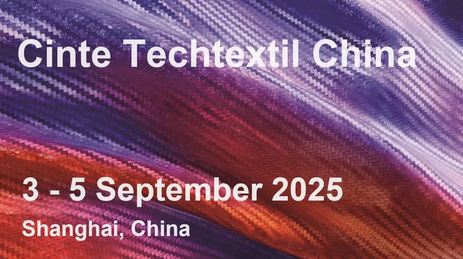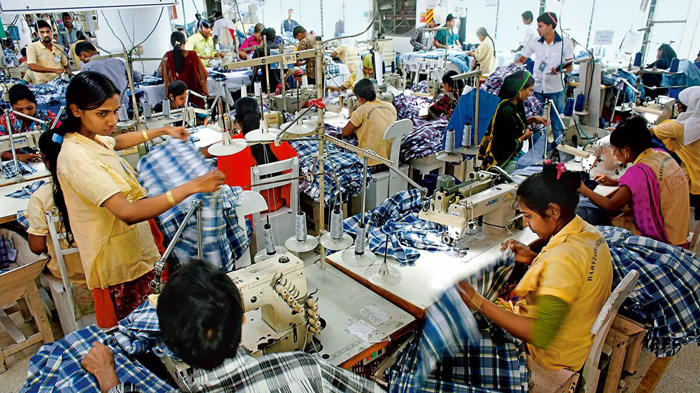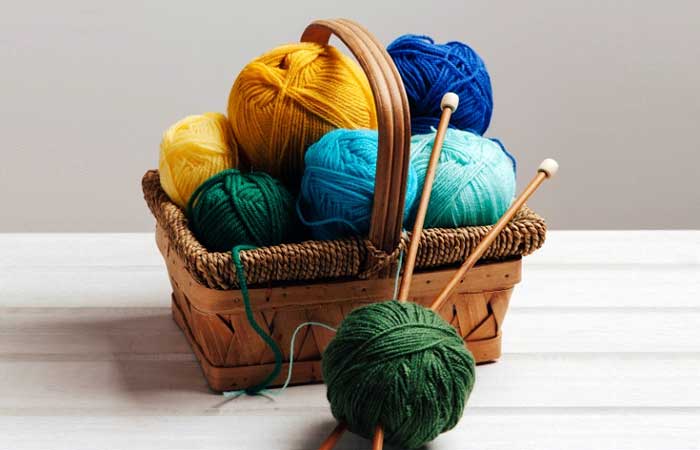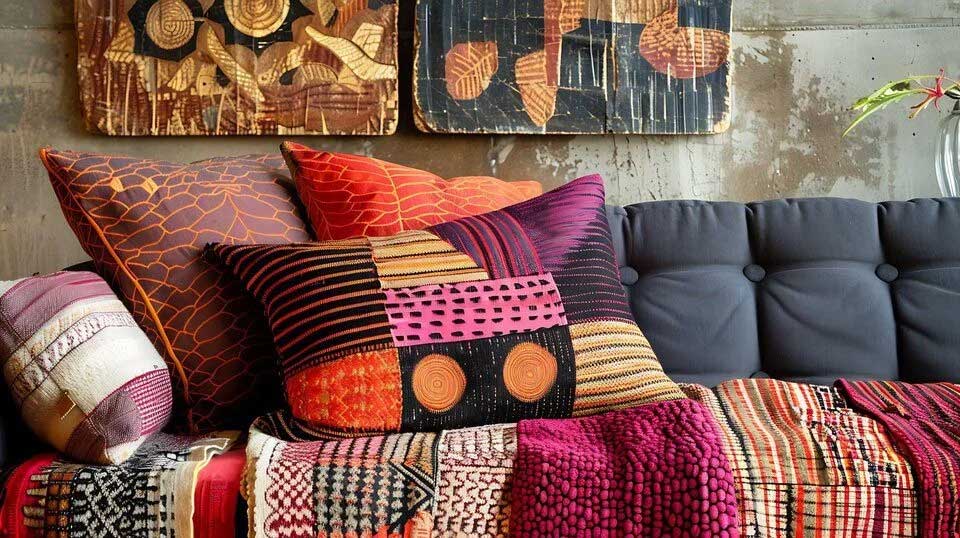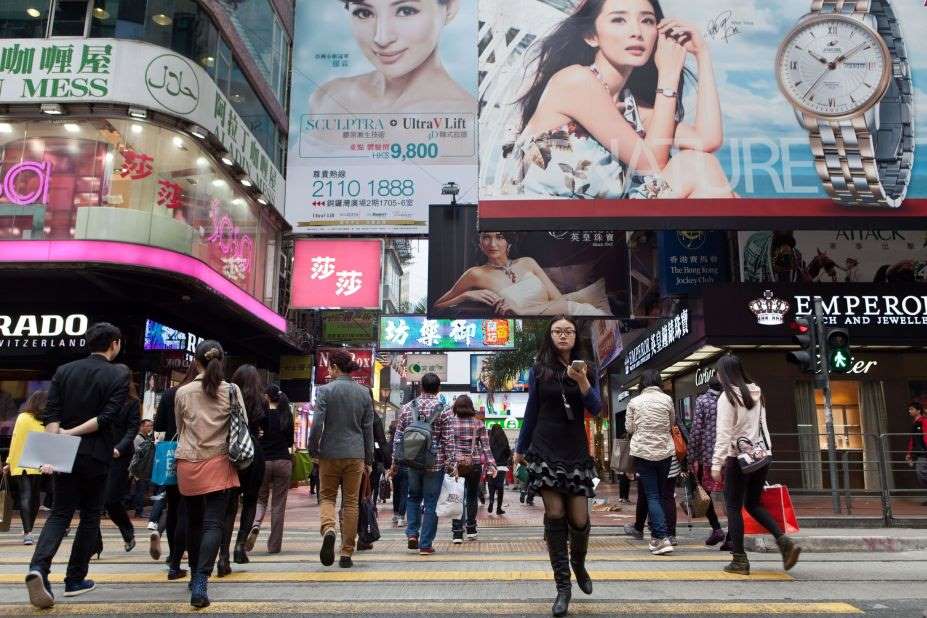
China's luxury e-commerce market, once a golden goose for high-end brands, is facing a new challenge: skyrocketing return rates. Shoppers are exploiting loopholes in e-commerce platforms like Alibaba's Tmall to snag discounts and fleeting status symbols, only to return the items shortly after. For example, during last year's ‘Singles day’ shopping festival, high-end labels like Ralph Lauren and Burberry saw a sharp increase in sales on Alibaba's Tmall platform, only to have a whopping 75 per cent of that value vanish within days due to cancellations and returns. This trend, far exceeding the industry average of 20-30 per cent, is forcing a rethink for luxury brands in the world's second-largest economy.
The culprit: China's economic slowdown. The middle class, a key driver of luxury spending, is feeling the pinch and focusing on discounts or shying away from big-ticket purchases altogether. Tmall's aggressive promotions, while boosting initial sales figures, incentivize ‘gaming the system’ buying expensive items to qualify for discounts with the intention of returning them later.
High return rates threaten sales growth
Brunello Cucinelli's return rates on Tmall soared to 69 per cent in Q1 2024, up from 59 per cent a year prior, and LVMH owned Marc Jacobs saw a similar jump. This phenomenon isn't limited to a few brands. Richemont's Chloé, Ralph Lauren, and Mulberry are all experiencing similar spikes. So what could be the reason for this sudden change in consumer behaviour?
Gaming the system: Tmall's promotional campaigns with discounts incentivize high-value purchases. Some shoppers might be exploiting this by buying expensive items solely to qualify for discounts, with the intention of returning them later.
Shifting consumer behavior: China's economic slowdown is impacting the middle class, traditionally a strong contributor to luxury spending. This group is now more price-conscious and might be resorting to "renting" luxury items for short-term use through returns.
Promotional fatigue: Frequent discounting can erode brand image, making luxury less appealing to true high-end spenders.
‘Try-and-return’ culture: E-commerce giants like Tmall and JD.com's hassle-free return policies, including free return shipping and "no-reason" returns within seven days, encourage some to treat luxury purchases as rentals for special occasions.
The impact
Indeed, this has had a major impact on retail sales as its weakening growth. In fact, high return rates create a misleading picture of actual sales, making it difficult to gauge real consumer demand. LVMH, the world's biggest luxury conglomerate, reported a significant slowdown in fashion and leather goods sales in Q1 2024. Gucci's slumping China sales recently wiped billions off Kering's market value. However, shifting focus to high-net-worth individuals has some brands. Like Hermes and Dior, with their limited online presence and focus on cultivating loyal high-end customers, are weathering the storm better. Indeed, frequent participation in discount campaigns could damage brand exclusivity and appeal to high-paying customers.
Strategies to cope
Luxury brands are adapting numerous strategies to move ahead. To begin with, they are investing in concierge services and private sales. Building stronger, personalized relationships with wealthy customers. Also, they are focusing on immersive experiences, creating exclusive events and brand interactions to cultivate brand loyalty. Leveraging data analytics to understand customer behavior and identify suspicious purchase patterns can help tackle fraudulent returns.
Analysts predict a slowdown in China's luxury market growth in 2024, with HNWIs becoming the primary drivers. The future of luxury e-commerce hinges on brands' ability to adapt to this changing landscape and develop strategies that foster genuine customer loyalty.

